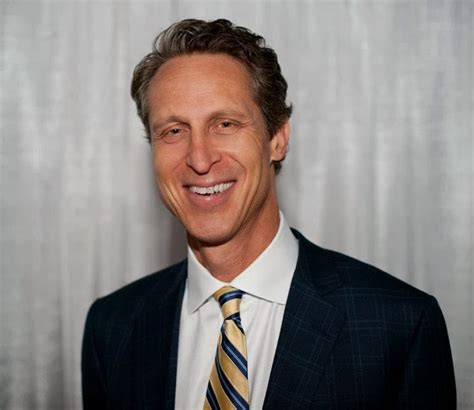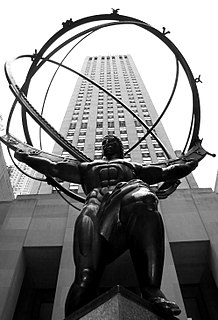A Quote by Ayn Rand
People are not embracing collectivism because they have accepted bad economics. They are accepting bad economics because they have embraced collectivism.
Related Quotes
One of the profound effects of economics in our day is that the people with the money and the power have embraced the guilt-free, external-less, everything-will-turn-out-okay-in-the-end philosophy of economics in order to justify their own evil works. And the economists, for the most part, have sucked up to that money.
Altruism demands that an individual serve others, but doesn’t stipulate whether those others should be one’s family, or the homeless, or society as a whole. Collectivism states that, in politics, society comes first and the individual must obey. Collectivism is the application of the altruist ethics to politics.
Collectivism holds that the individual has no rights, that his life and work belong to the group (to "society," to the tribe, the state, the nation) and that the group may sacrifice him at its own whim to its own interests. The only way to implement a doctrine of that kind is by means of brute force - and statism has always been the poltical corollary of collectivism.
I started in the law; and the study of law, when it precedes the study of economics, gives you a set of foundation principles about how human beings interact. Economics is very useful, and I studied economics in graduate school. But without understanding the social and organizational context of economics, it becomes a theory without any groundwork.


































